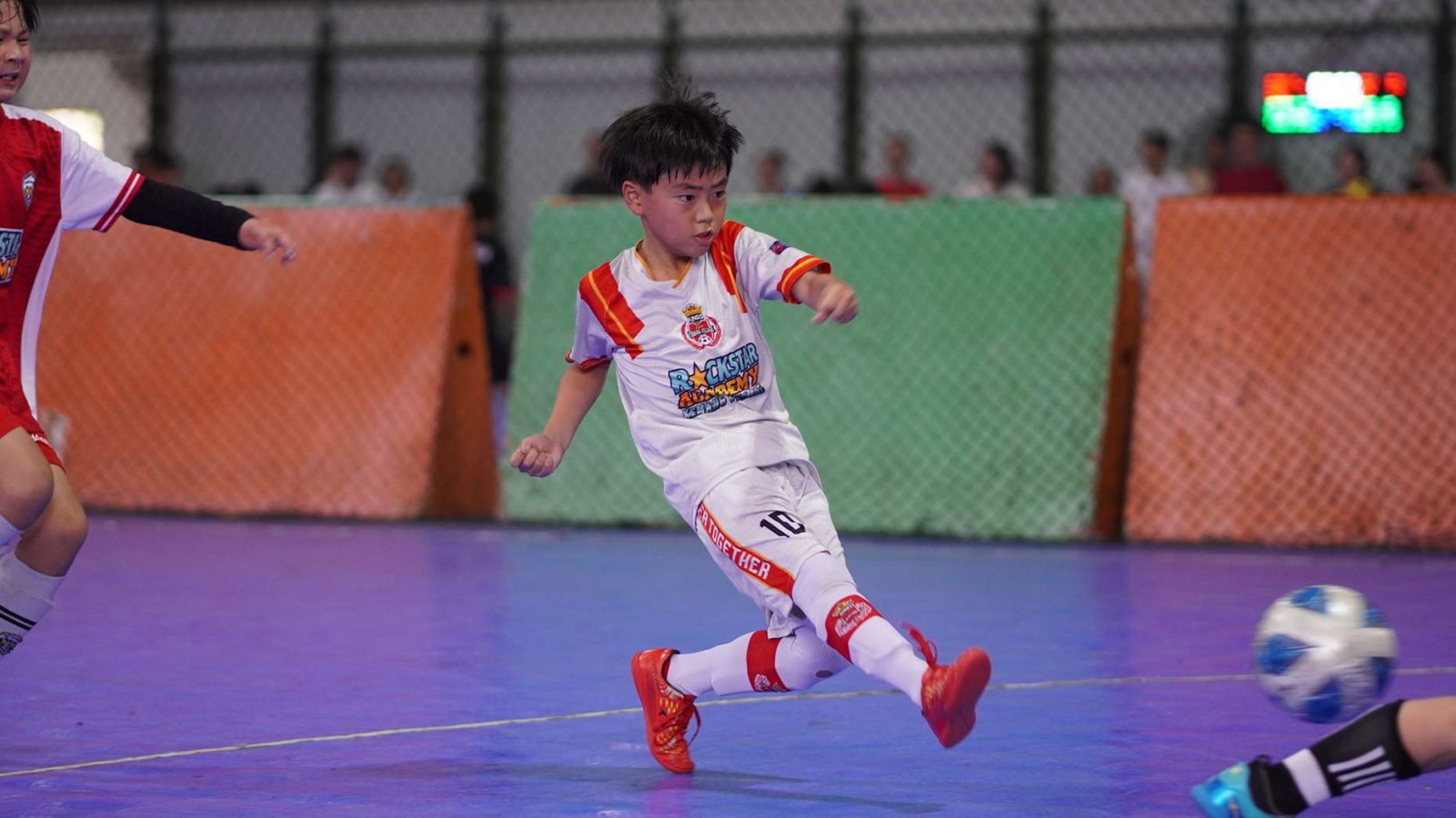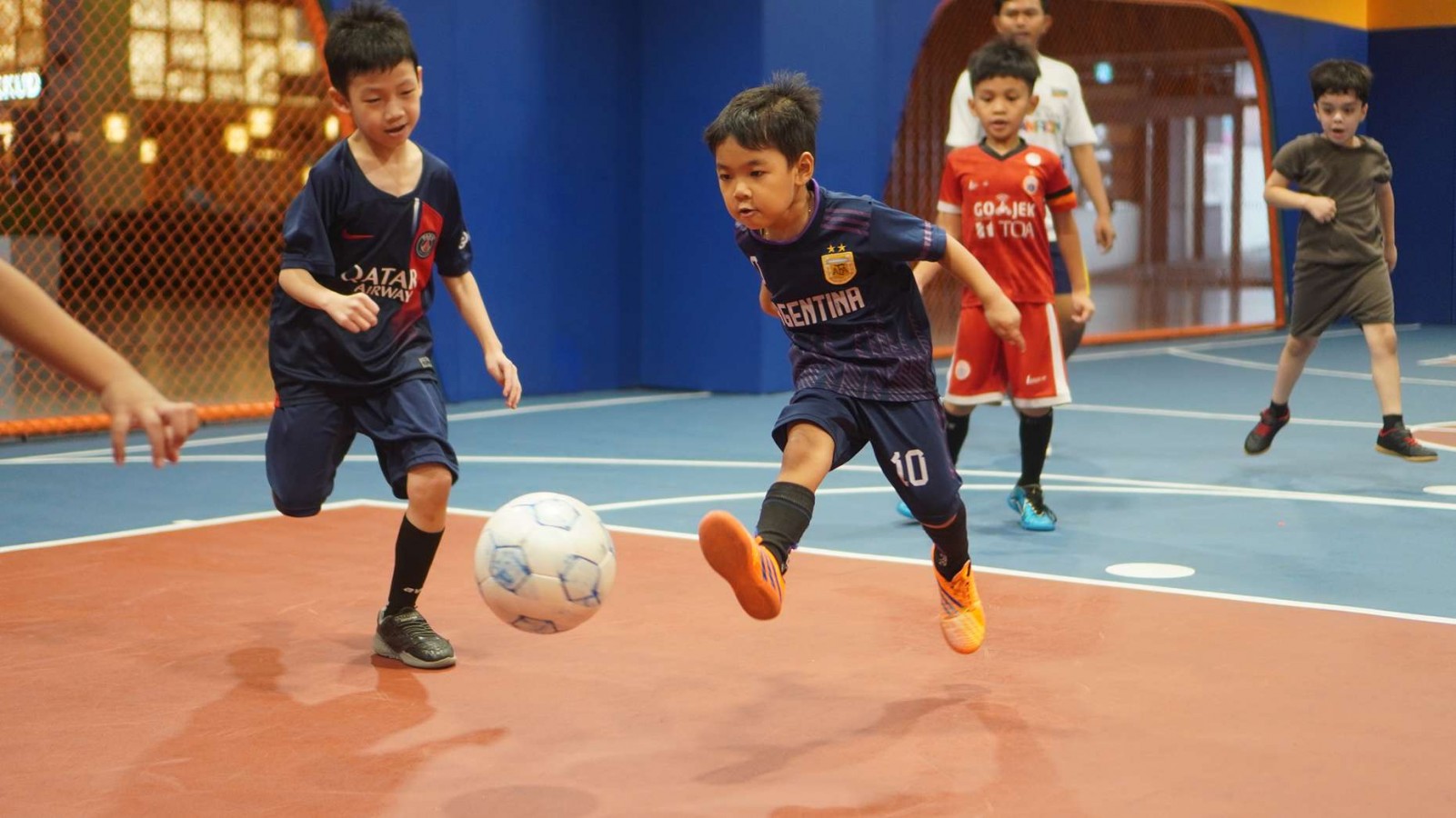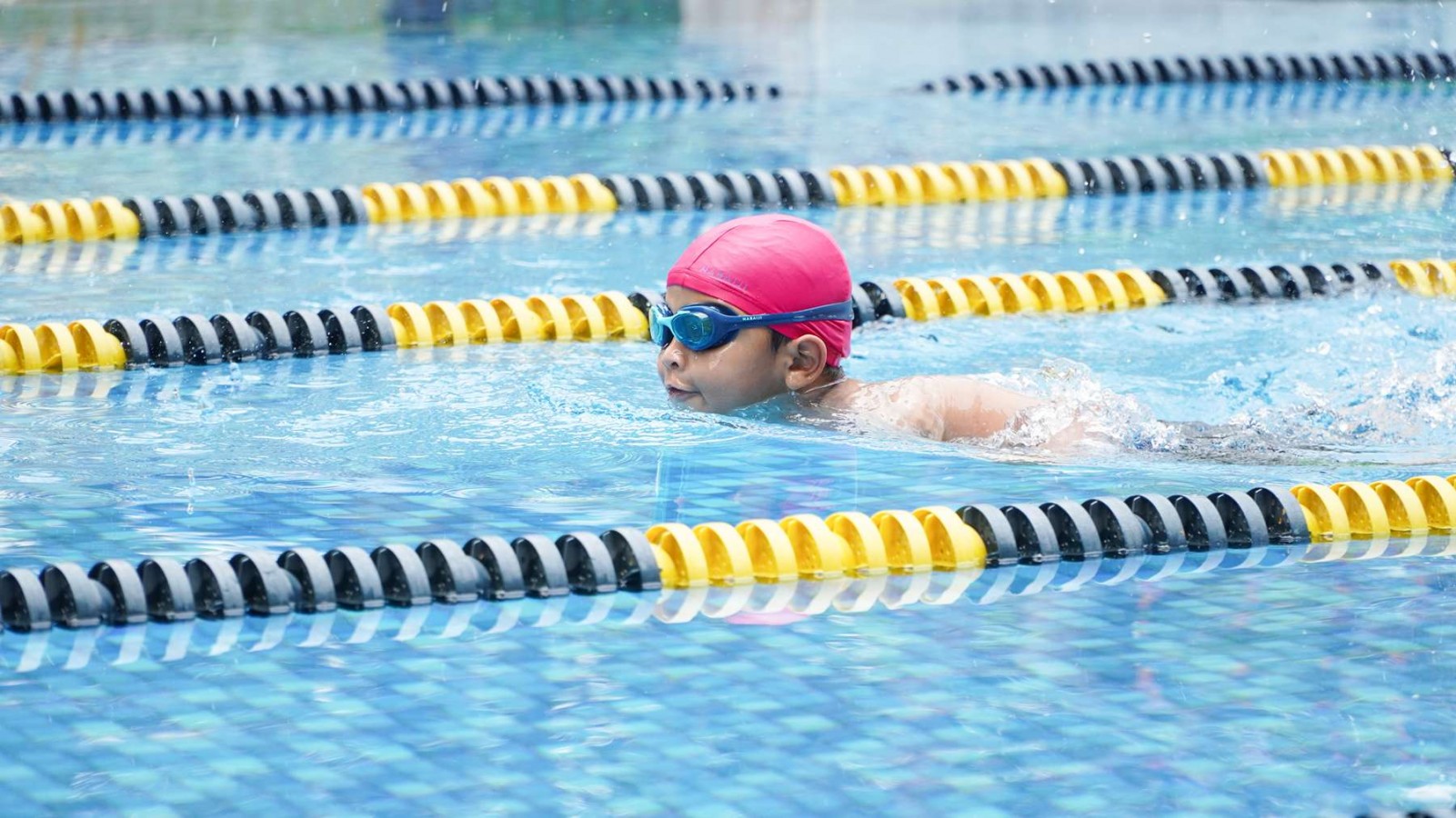Mastering Decision Making in Futsal: Techniques and Tips

Given the limited space and rapid pace of the game, futsal players must constantly analyze their surroundings, anticipate opponents' moves, and make split-second decisions.
Mastering decision-making in futsal is crucial for success, as it can determine the outcome of a match. This article explores what decision-making in futsal entails, the four stages of decision-making, and more.
What is Decision-Making in Futsal?
Decision-making in futsal refers to the process by which players assess situations on the court, weigh their options, and choose the best course of action.
Unlike traditional soccer, where players have more space and time, futsal requires players to make decisions quickly due to the game's high tempo and confined playing area.
This skill involves not only tactical knowledge but also the ability to read the game, anticipate opponents' moves, and adapt to rapidly changing situations.
Effective decision-making in futsal can be the difference between maintaining possession, creating scoring opportunities, or losing the ball to the opposing team. It involves both cognitive processes and physical skills, including ball control, passing, and movement.
Developing strong decision-making skills allows players to perform confidently under pressure and contribute positively to their team's performance.
The Four Stages of Decision-Making in Futsal
Understanding and mastering these stages is essential for players to make effective decisions on the court. The four stages of individual tactics, often referred to in the context of learning and skill development, such are:
1. Unconscious Incompetence
At this stage, the player is unaware of their lack of skill or knowledge. They don’t realize what they don’t know, so they may make errors without understanding why. In futsal, this could involve a player not recognizing poor decision-making or ineffective tactics because they lack awareness of better alternatives.
2. Conscious Incompetence
In this stage, the player becomes aware of their deficiencies. They realize they need to improve their skills or decision-making, but they are still making mistakes. For example, a futsal player may now see that their passing is weak or that they’re not positioning themselves correctly, but they haven’t yet mastered how to correct these issues.
3. Conscious Competence
Here, the player has developed the necessary skills or tactics, but they must consciously think about their actions to perform correctly. This means a futsal player can now execute good passes, make strategic decisions, and position themselves effectively, but they still need to focus and think about each action.
4. Unconscious Competence
At this final stage, the player’s skills and decision-making have become automatic. They can perform effectively without needing to consciously think about every action.
For instance, a futsal player at this level instinctively knows where to pass, how to position themselves, and when to make tactical moves, allowing them to play fluidly and confidently.
The Importance of Decision-Making in Futsal
Decision-making is essential in futsal, where the fast pace of the game requires players to make quick and accurate choices. These decisions can greatly influence a team's performance and the outcome of a match, including:
A. Enhancing Team Performance
Good decision-making improves team coordination and performance. Consistent, smart choices lead to smoother transitions, stronger attacks, and better defense, helping the team maintain possession and create more scoring opportunities while limiting the opponent's chances.
B. Adapting to Game Situations
Futsal's unpredictability demands adaptability. Effective decision-makers can quickly adjust their strategies based on the game's flow, opponent actions, and teammate positioning, allowing them to respond to challenges and seize opportunities.
C. Building Player Confidence
Confident decision-makers perform better under pressure. Trust in their abilities enables players to take risks, make bold plays, and positively impact their team's success, especially in high-stakes moments.
D. Reducing Mistakes
Poor decisions often result in errors like misplaced passes or lost possession. By honing decision-making skills, players can reduce these mistakes, leading to a more controlled and disciplined style of play, crucial in futsal's fast-paced environment.
How to Develop Players' Decision-Making Skills
Coaches can play a vital role in helping players enhance these skills by incorporating specific drills and exercises into their training sessions. Here are some effective techniques for developing decision-making skills:
1. Small-Sided Games
These games replicate match conditions in a controlled setting, requiring quick decision-making by reducing team size and playing area. They focus on specific decision-making skills like passing or defending and challenge players with varied rules.
2. Scenario-Based Drills
Drills that simulate specific game situations, such as counterattacks, help players practice analyzing scenarios and making the best choices, improving decision-making speed and accuracy through repetition.
3. Video Analysis
Reviewing game footage helps players understand their decision-making process, learn from mistakes, and study successful strategies used by professional players, enhancing their decision-making skills.
4. Cognitive Training
Exercises targeting mental skills like perception and attention help players process information quickly and accurately, essential for effective decision-making in the fast-paced game of futsal.
How Important Decision Making in Futsal!
Everything we do is related to decision making. Whether in everyday life or in sports like futsal. When we have to pass, dribbling, shooting is all decision making done by the player.
But while planning for futsal strategy, decision making becomes more risky. Because we must be able to implement the strategy well and what to do if the strategy fails. Making sound decisions on the futsal court is crucial for success and development, and Rockstar Academy is here to help your child master this skill.
By enrolling in our futsal program, your child will not only receive top-notch training but also get the chance to participate in exciting events and competitions like the Elite Championships and RockOlympics.
These opportunities provide invaluable learning experiences and help students uncover their true potential in futsal. Plus, you can experience our classes firsthand by signing up for a free trial class. Join Rockstar Academy and support your child's journey to becoming a strategic and confident futsal player!
FAQ
How can young players improve their decision-making skills in futsal?
Young players can improve their decision-making skills through regular practice, participating in small-sided games, and learning from video analysis. Coaches should focus on creating a positive environment that encourages creativity and experimentation.
What role does experience play in decision-making?
Experience is a significant factor in decision-making, as it allows players to learn from past situations and develop an understanding of different game scenarios. The more experience a player has, the better they become at making quick and effective decisions.



